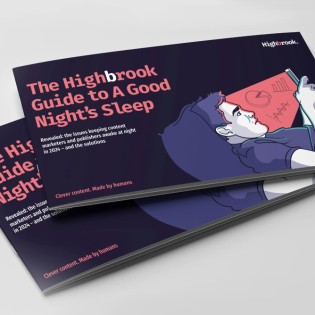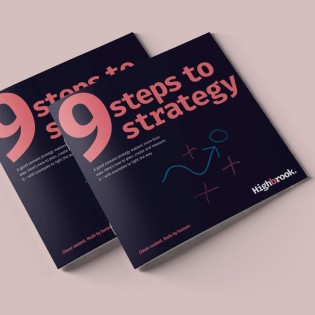Lesson from history in NHS comms
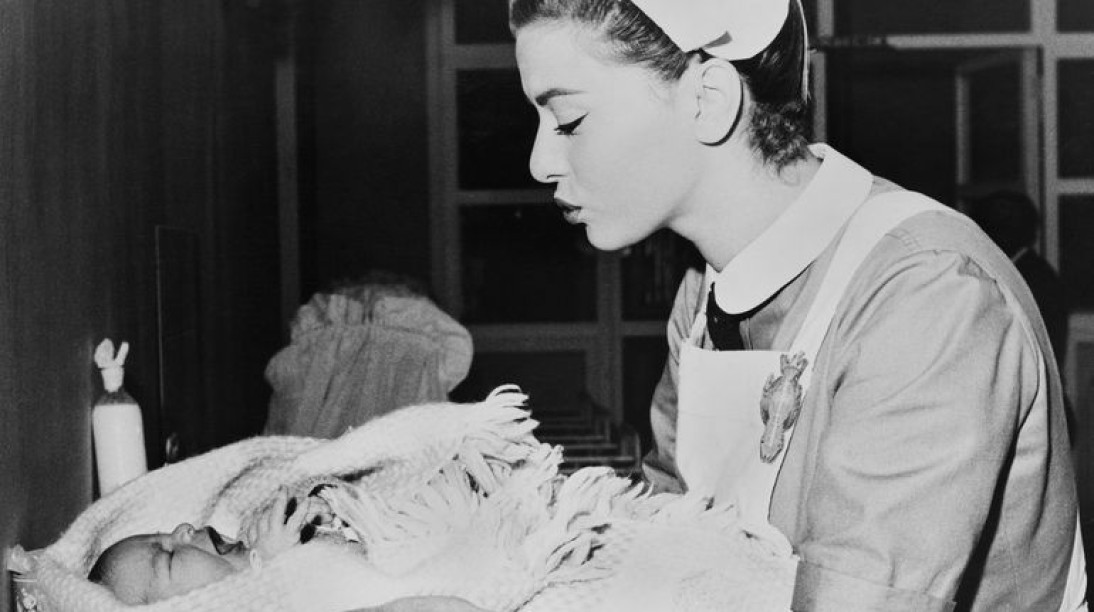
How they used to say it
Our regular look at language in modern communications examines how they used to write about the NHS.
More than 70 years ago, in 1948, a leaflet bearing these words was delivered to homes in the UK:
“Your new National Health Service begins on 5th July. What is it? How do you get it?
“It will provide you with all medical, dental and nursing care. Everyone – rich or poor, man, woman or child – can use it or any part of it. There are no charges, except for a few special items. There are no insurance qualifications. But it is not a ‘charity’. You are all paying for it, mainly as taxpayers, and it will relieve your money worries in time of illness.”
As a model of clarity, it cannot be faulted. Indeed, it has most of the virtues we try to highlight in these articles: short sentences, simple language (the longest word is “qualifications”) and a lack of stale, empty images.
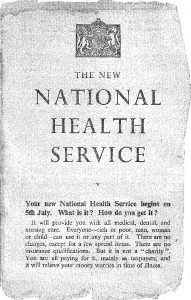
Today, we need clarity more than ever, particularly in matters of health. So how are the successors of that leaflet’s writers doing?
Whether we look at the words of the current health secretary Matt Hancock, or NHS England’s own website, sadly the answer is not well.
Here are a few choice phrases from one of Hancock’s recent coronavirus briefings: “intense consultation across the board” (= “asking many people”); “robust population surveillance programmes are essential for understanding the rate of infection” (= “monitoring,” “checking” or even “surveys”); “enhanced PPE recommendations for a wide range of health and social care contexts” (= “making sure carers have the safety equipment they need”).
The NHS website fares little better. It tells us, for example, that “Chapter One [of its long-term plan] sets out how the NHS will move to a new service model in which patients get ... properly joined-up care at the right time in the optimal care setting.” We could translate too, but you get the idea...
Just as bad is the empty rhetoric. Setting “a ventilator challenge” is just using a buzzword; it doesn’t actually do anything to ensure that hospitals have the right kit. Constant talk of “unlocking the coronavirus puzzle” is mere bluster.
Of course, we support the government in all its efforts to get us through this crisis. But at a time when clarity is so important, our leaders or their writers really should try harder.
A plague of puns
This is probably a time to be careful with commonplace metaphor.
The news website Tortoise told subscribers this recently: “Not before time, the UK government has stepped up efforts to stamp out fake news about C-19 with a 'rapid response' unit ... With luck the unit will help shut down false and malicious coronavirus stories before they go viral.” Indeed.
Then there was the caller to Radio 4’s You and Yours who bemoaned inflated baking ingredient prices: “A 100g tin of yeast is normally 98p. On eBay, it's at £9.50 and rising.”
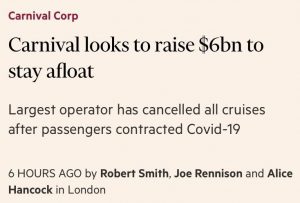
Also, this possibly inadvertent pun from the Financial Times.
Written in stone
Finally, plaudits to Times writer Patrick Kidd. Writing about the closure of churches recently he came up with this: “Many churches were innovative, posting videos of their solo services or the text of unspoken sermons online. Not for the first time, the word of God was communicated by tablets.”
Excellent.
Want to talk? Email us at info@hbrk.co.uk or call 0207 525 9591.



